How Long Does Hair Loss Last After Weight Loss?
Understanding and Managing Hair Shedding During Your Weight-Loss Journey
Hair loss following weight loss is a common experience, often tied to the body’s adjustment to a new diet, calorie intake, or even the stress of rapid changes. While seeing extra hair fall can be unsettling, it’s typically a temporary phase. This guide will cover why this happens, how long it lasts, and what you can do to support a healthy hair cycle as your body adapts.
1. Why Does Weight Loss Cause Hair Shedding?
The link between weight loss and hair loss stems primarily from the way our bodies handle significant change, especially with dietary shifts. Hair follicles are sensitive to the stressors of sudden weight loss, especially if accompanied by restrictive diets. When the body is in a calorie deficit, it directs nutrients to vital functions, often at the expense of “non-essential” processes like hair growth. This can lead to telogen effluvium, a condition where hair follicles enter a resting phase prematurely, causing noticeable shedding.
2. Timeline: How Long Will the Hair Shedding Last?
For most people, hair shedding related to weight loss begins around two to three months after starting a new diet or weight-loss regimen and can last up to six months. During this time, you may notice more hair coming out in the shower, on your pillow, or while brushing. The shedding generally tapers off as your body adjusts to its new weight and nutrient balance, with hair regrowth usually starting after three to six months. However, the exact duration can vary based on factors like:
- The speed of weight loss – Rapid weight loss is more likely to trigger shedding.
- Nutritional intake – A balanced diet can mitigate some hair loss.
- Stress levels – Emotional and physical stress can amplify the shedding cycle.
If hair shedding continues beyond six months, it’s a good idea to consult a healthcare provider, as prolonged shedding may be linked to other factors such as underlying health conditions or nutritional deficiencies.
3. Key Nutrients to Support Healthy Hair Growth
Nutritional deficiencies are a common cause of hair thinning, especially during calorie-restricted diets. Focusing on a diet rich in these nutrients can support your hair’s recovery:
- Protein: As a key building block for hair, protein should be a central part of your diet.
- Iron: Iron deficiency is closely associated with hair loss. Red meats, leafy greens, and beans are excellent sources.
- Zinc and Biotin: Essential for hair health, these nutrients can help fortify hair structure.
- Vitamins A, C, D, and E: These vitamins support cell growth and scalp health, creating an ideal environment for hair regrowth.
4. Lifestyle Adjustments to Minimize Hair Shedding
To support healthy hair growth during weight loss, adopting a gentle hair care routine can help protect fragile strands. Consider these adjustments:
- Avoid Heat Styling: Minimize the use of heat tools like straighteners and curlers, as they can weaken hair strands.
- Opt for Gentle Hair Products: Use mild, sulfate-free shampoos and conditioners to reduce scalp irritation.
- Limit Tight Hairstyles: Hair follicles under stress from tight buns or ponytails can become more prone to shedding.
Adding stress management techniques such as mindfulness or regular exercise can also benefit overall health, supporting both hair and body as they adapt to weight loss changes.
5. When to Seek Professional Advice
If hair shedding is persistent or becomes a concern, a consultation with a hair specialist or dermatologist may be helpful. For those seeking additional support, Nurse Holly Aesthetics in Lakewood Ranch, FL offers specialized treatments and consultations to address hair loss. Nurse Holly’s expertise in hair health can guide you toward options suited to your specific needs, helping you regain confidence as you continue on your weight-loss journey.
Hair shedding during weight loss can be unsettling, but with the right care and awareness, you can support healthy hair regrowth. For more advice or to explore personalized hair restoration options, reach out to Nurse Holly Aesthetics and begin your journey to a stronger, healthier you.



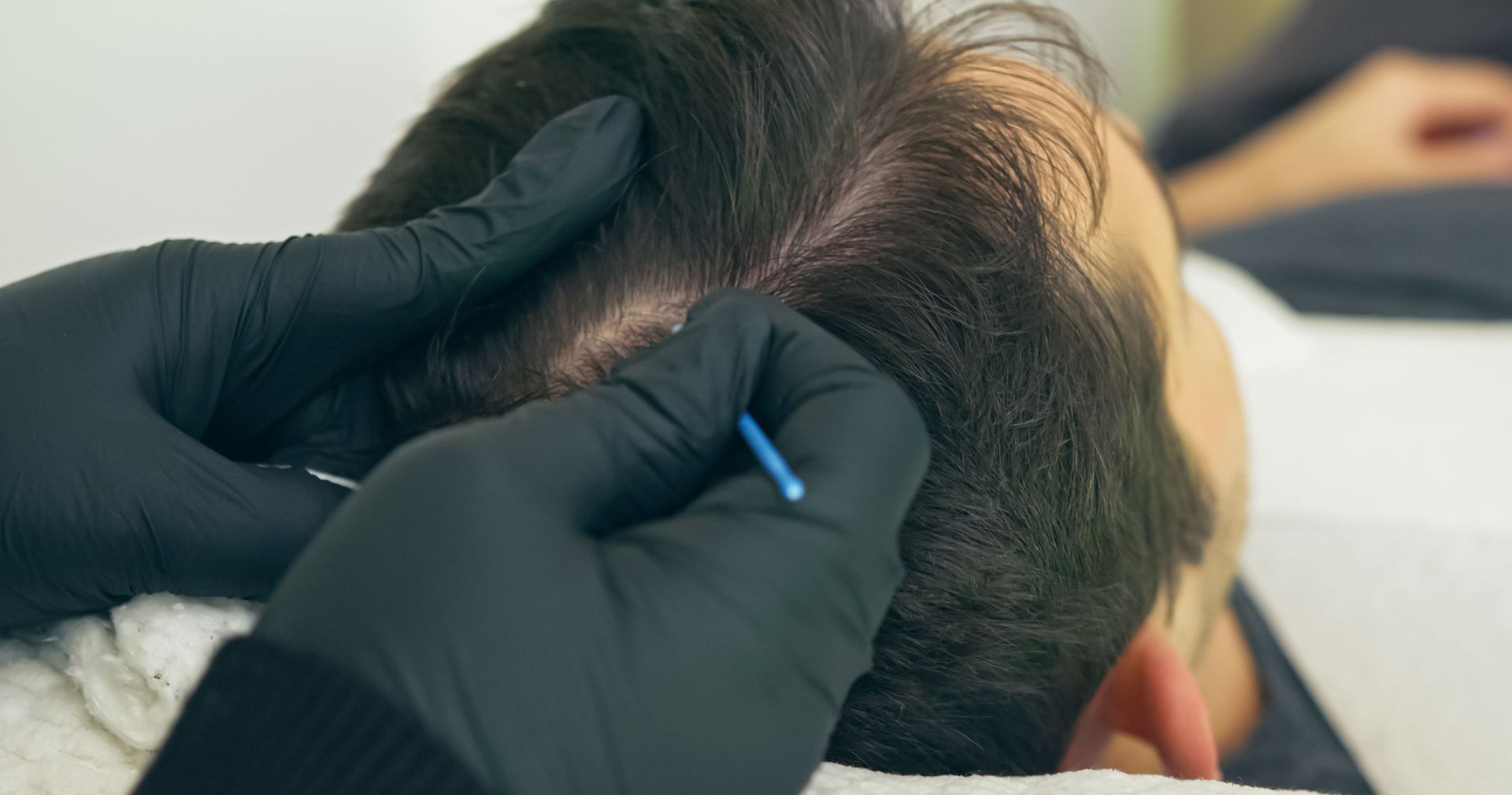
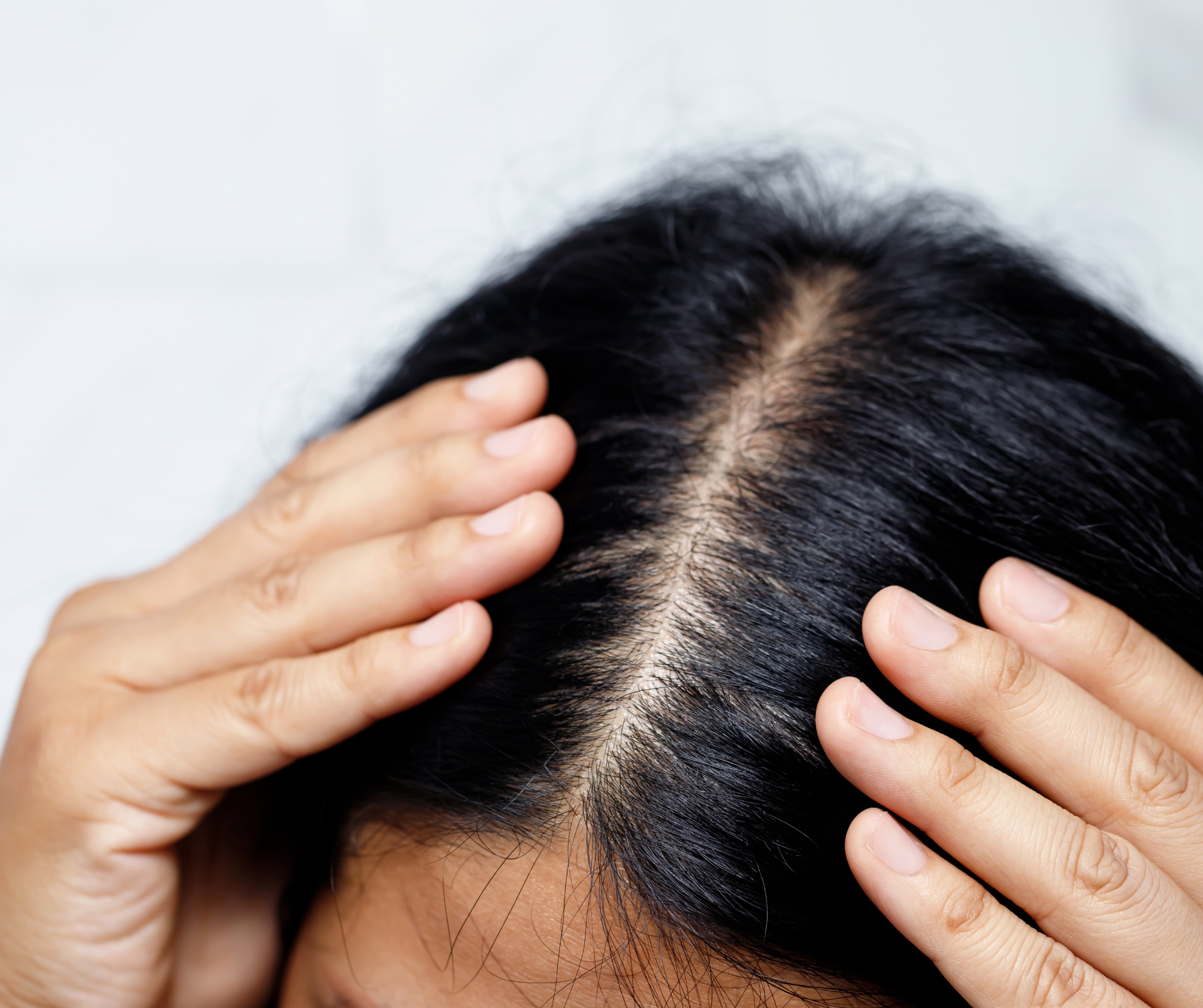
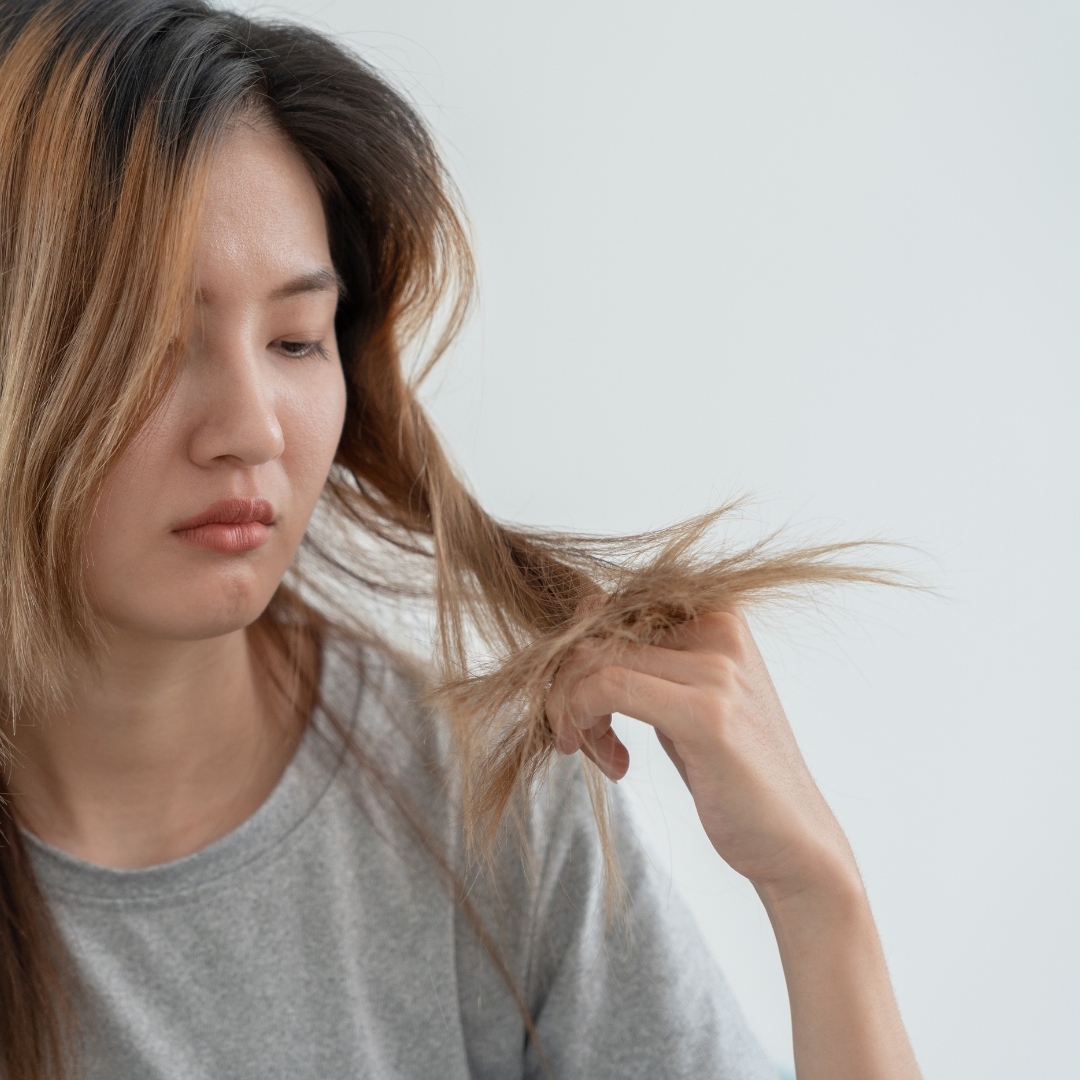
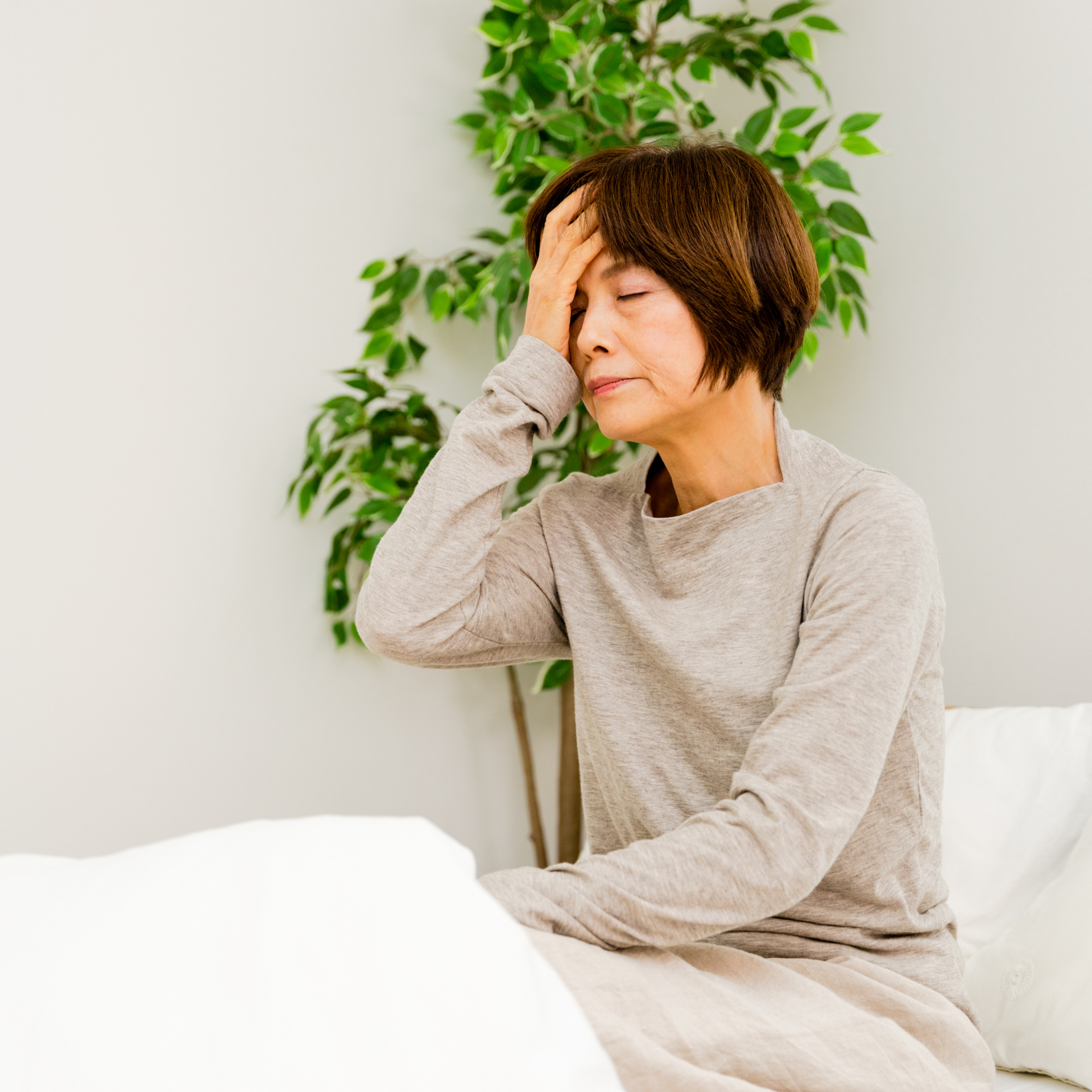
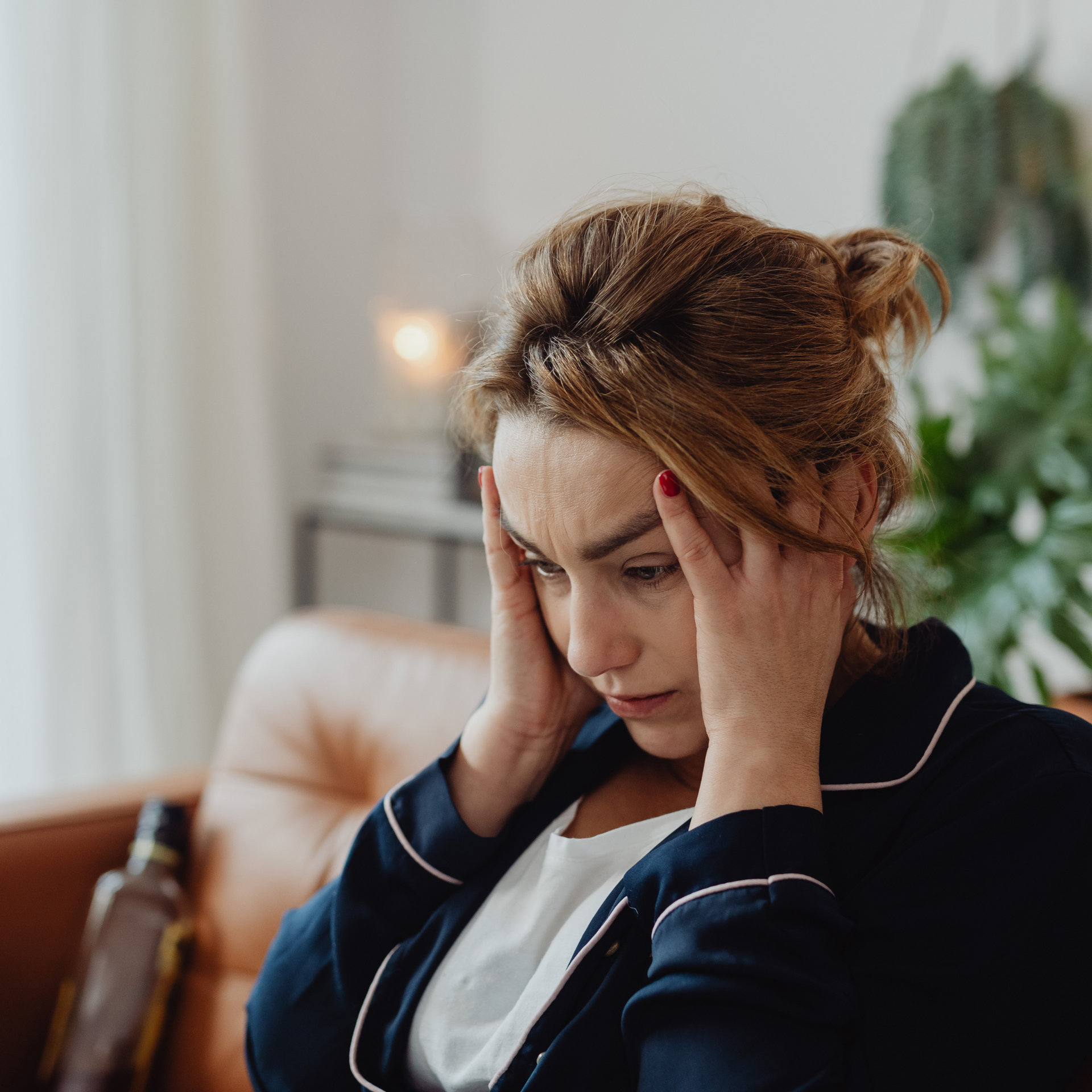


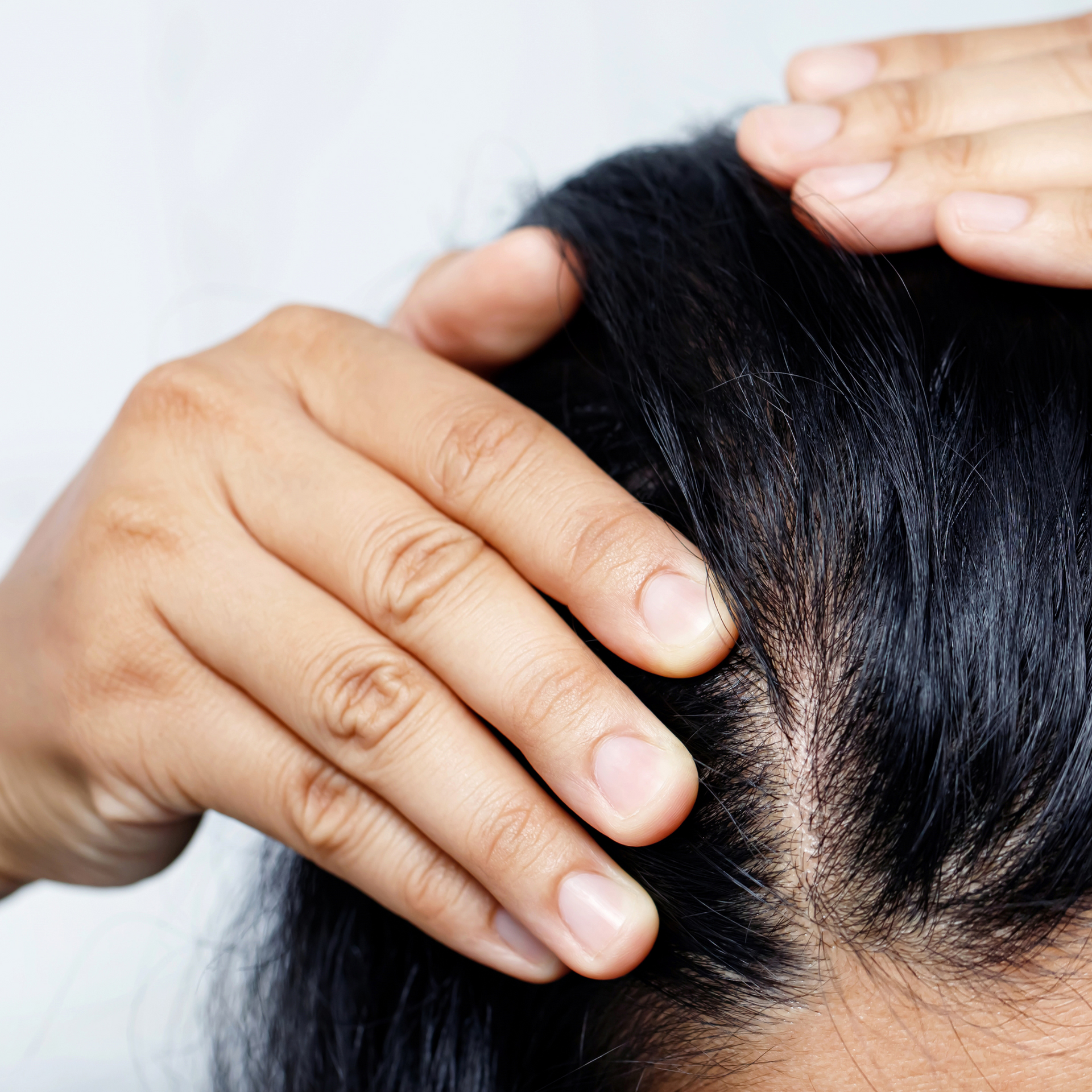
Share On: